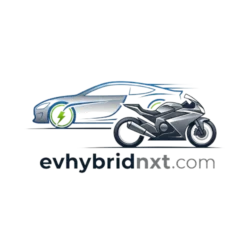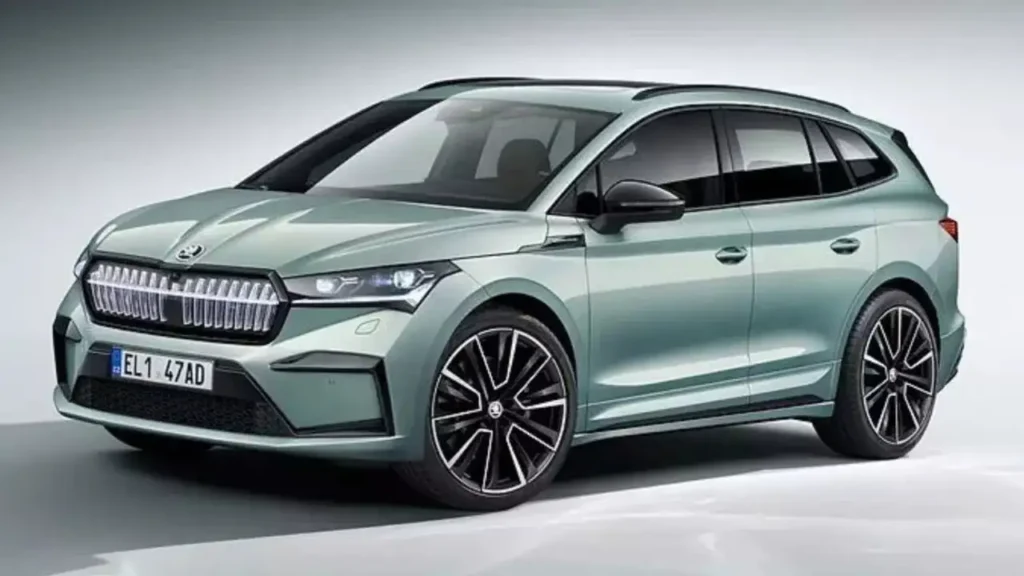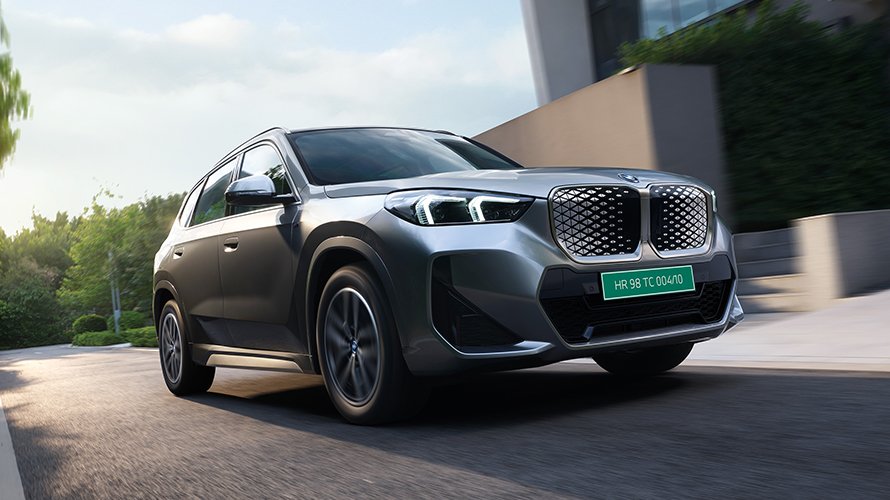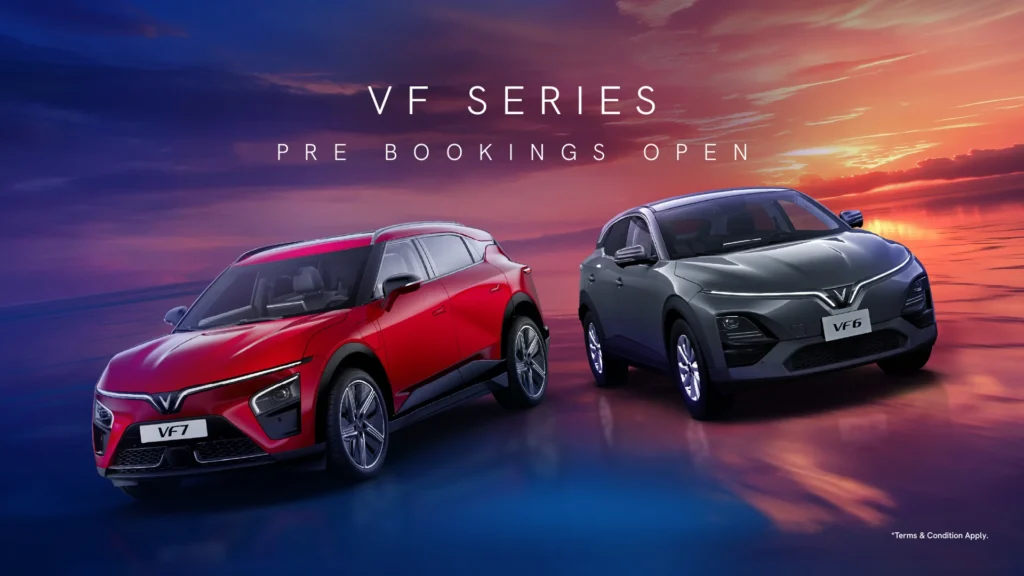In a market buzzing with electric vehicle ambitions, Skoda Auto India has provided much-needed clarity on its electrification strategy, opting for a measured approach over a rushed debut. The Czech automaker’s first battery electric vehicle (BEV) for the Indian market is now firmly targeted for launch between 2027 and 2028, allowing time to cultivate a robust local ecosystem. This timeline, confirmed by Skoda’s top executives, underscores a commitment to sustainability and affordability rather than premium imports burdened by high duties.
As India’s EV penetration inches toward 3% in FY2025, with giants like Tata and Mahindra leading the charge, Skoda’s strategy positions it as a thoughtful latecomer, prioritizing long-term viability in one of the world’s fastest-growing auto markets.
A Phased Rollout: Building Foundations First
Skoda’s brand director, Parth Jindal, elaborated on the rationale during a recent media interaction, emphasizing the need to “stitch together a local supplier base” before diving in. This involves partnering with domestic vendors for batteries, components, and assembly to slash costs and comply with India’s localization mandates under the PLI scheme. Concurrently, the company is monitoring the maturation of public charging infrastructure—a critical hurdle for EV adoption in a country where urban stations remain sparse outside metros.This deliberate pace contrasts sharply with competitors’ aggressive timelines. While Maruti Suzuki readies its eVitara for a December 2025 launch and Tata eyes multiple refreshes, Skoda aims to avoid the pitfalls of import-led entries, which could inflate prices by 20-30% due to customs duties. Instead, the first EV will roll out from Skoda’s Pune facility, potentially as early as March 2028, ensuring competitive pricing in the sub-₹25 lakh segment.
Dispelling Rumors: Epiq and Elroq on Hold
Speculation had swirled around quick adaptations of Skoda’s global EV lineup, but the company has firmly quashed near-term prospects. The Epiq, a compact urban EV concept unveiled at the Bharat Mobility Expo 2025, won’t be rushed to Indian shores despite earlier buzz about a localized version. Reports of an imminent adaptation have been rebuffed, with Skoda prioritizing feasibility studies over hasty commitments.Similarly, the Elroq—a sleek, compact global EV showcased in India to test consumer reactions—remains in the “gauge interest” phase. Spotted on test drives in Delhi and Mumbai, it impressed with its 400+ km range and minimalist design, but no sales confirmation has followed. This teaser tactic aligns with Skoda’s playbook: Display innovation to build hype, then pivot to locally manufactured models that sidestep import tariffs and resonate with price-sensitive buyers.
Aligning with India’s EV Trajectory
Skoda’s caution reflects broader industry dynamics in India, where EV sales hit 1.17 lakh units in FY2025 but face headwinds like inconsistent incentives and grid readiness. By 2027-28, projections suggest the market could swell to 10-15% penetration, buoyed by falling battery prices and expanded networks from players like Tata Power and ChargeZone. Skoda, part of the Volkswagen Group, is also exploring hybrids as a bridge—strong hybrid sedans and SUVs could arrive by late 2028, offering up to 60 km electric-only range to ease the transition.This multi-pronged strategy leverages Skoda’s existing strengths in premium yet accessible vehicles like the Kushaq and Slavia, which command a loyal urban following. With a portfolio refresh underway, including the upcoming Kodiaq facelift, the brand is laying groundwork for an EV that could blend European engineering with Indian practicality—think spacious interiors, ADAS suites, and fast-charging compatibility.
Looking Ahead: A Sustainable Sprint
As October 2025 unfolds, Skoda’s EV roadmap signals maturity in a nascent segment. By delaying gratification, the automaker is betting on a more receptive market: One where charging stations dot highways, suppliers hum with local output, and buyers view EVs not as novelties but necessities. When the first Skoda BEV hits Indian roads in 2027-28, it could redefine the brand’s fortunes, turning patient planning into electrified momentum. For now, the message is clear—great things come to those who wait, especially when powered by batteries.



